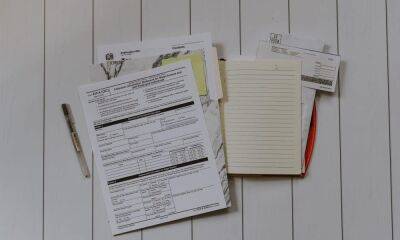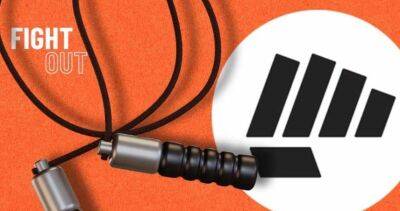The Ultimate Guide to Financial Literacy
We know that the earlier you learn the basics of how money works, the more confident and successful you’ll be with your finances later in life. It’s never too late to start learning, but it pays to have a head start. The first steps into the world of money start with education.
Banking, budgeting, saving, credit, debt, and investing are the pillars that underpin most of the financial decisions that we’ll make in our lives. At Investopedia, we have more than 30,000 articles, terms, FAQs, and videos that explore these topics, and we’ve spent more than 20 years building and improving our resources to help you make smart financial and investing decisions.
This guide is a great place to start, and today is a great day to do it. Let’s begin with financial literacy—what it is and how it can improve your life.
Financial literacy is the ability to understand and make use of a variety of financial skills, including personal financial management, budgeting, and investing. It also means comprehending certain financial principles and concepts, such as the time value of money, compound interest, managing debt, and financial planning.
Achieving financial literacy can help individuals avoid making poor financial decisions and help them become self-sufficient and achieve financial stability. Key steps to attaining financial literacy include learning how to create a budget, track spending, pay off debt, and plan for retirement. Educating yourself on these topics also involves learning how money works, setting and achieving financial goals, becoming aware of unethical/discriminatory financial practices, and managing financial challenges that life throws your way.
Trends in the United States indicate that Americans’ financial literacy is
Read more on investopedia.com



















